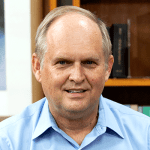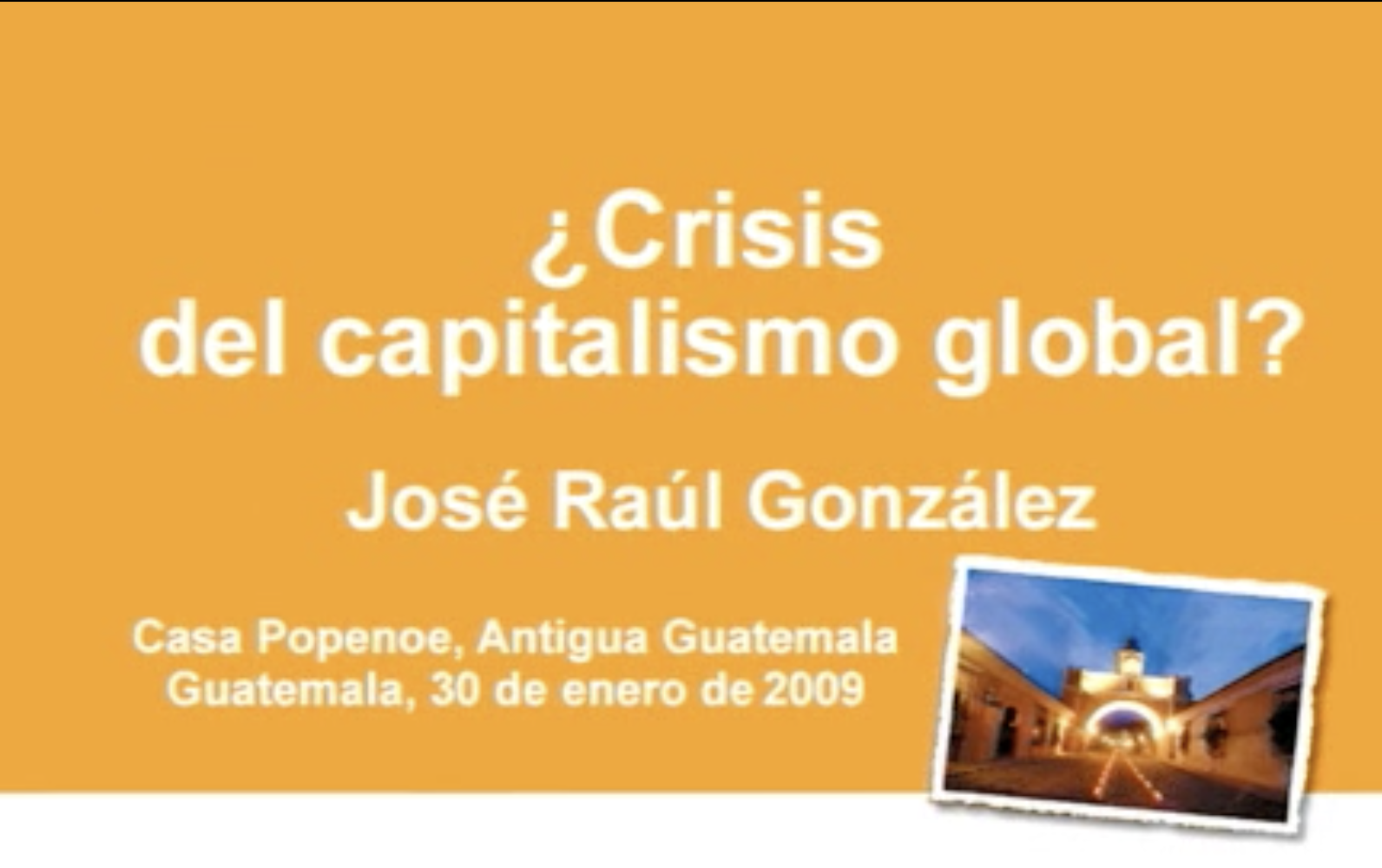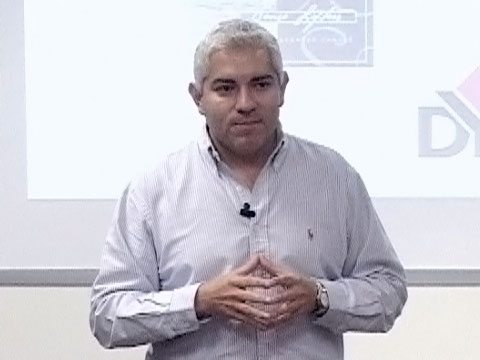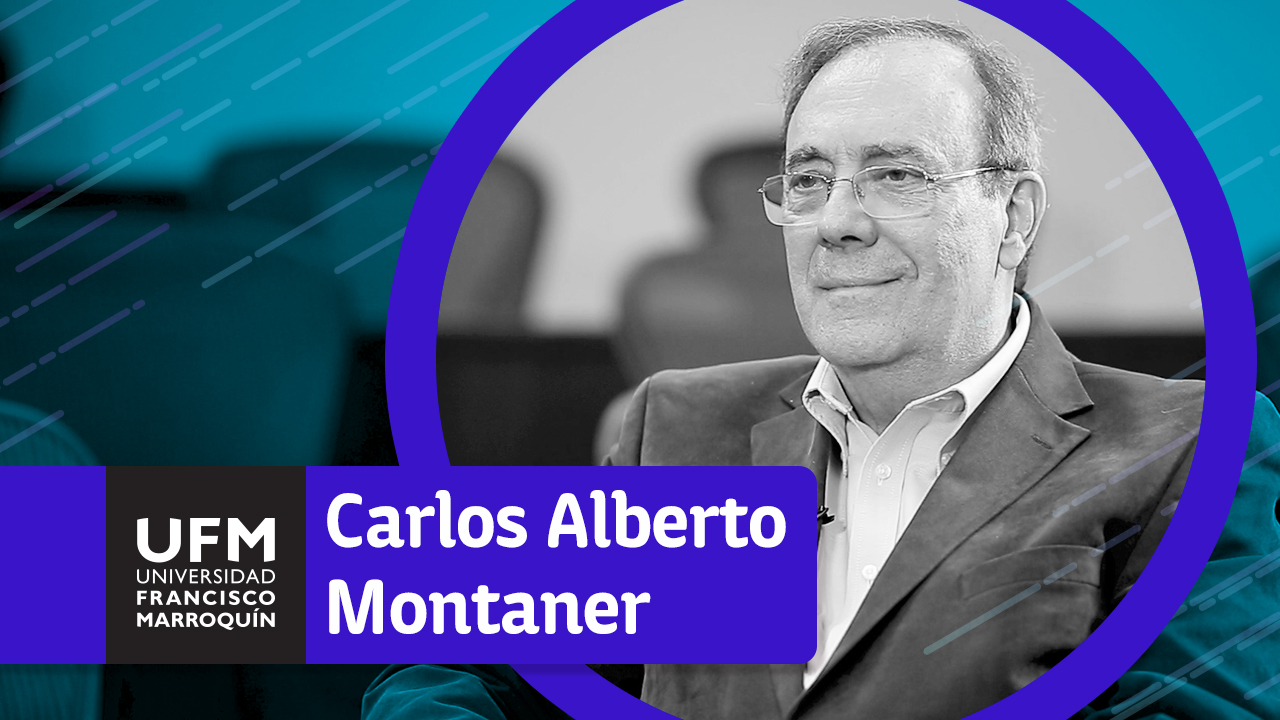About this videoRobin Hanson uses an economic approach to explain different social, economical, and political phenomenons in politics. With a sense economic analysis, Hanson discusses the limitations and disadvantages of product bans, paternalism, and Social Insurance. Future studies can be a valuable aid to social scientists to evaluate the impact of technological developments like Internet, robotics, and energy generation. It also mentions the importance of prediction and decisions markets as an alternative to forecasting agencies. The difference between a speculative market and a specialized agency, is that a market deals efficiently with the problems of uncertain, inexact, and incomplete information. Many companies have found applications in this markets by outsourcing policy decision making. |
|
CreditsInterview with Robin Hanson by Carlisle Johnson | |











